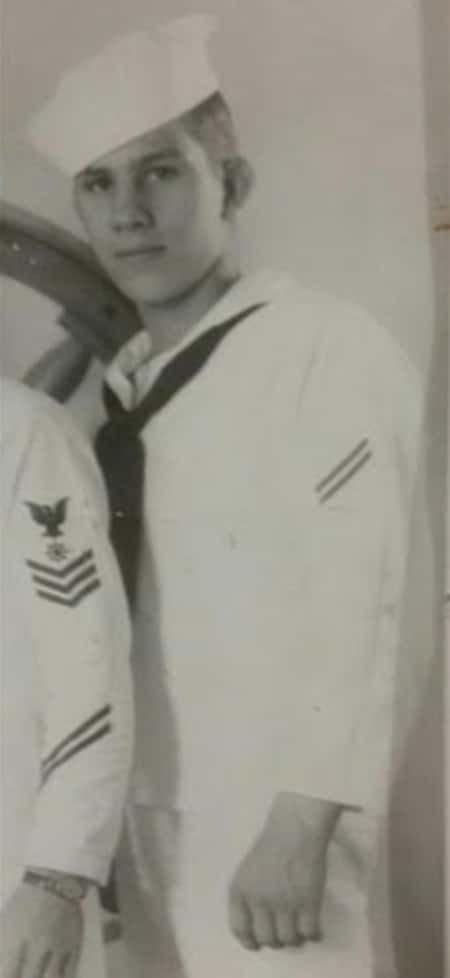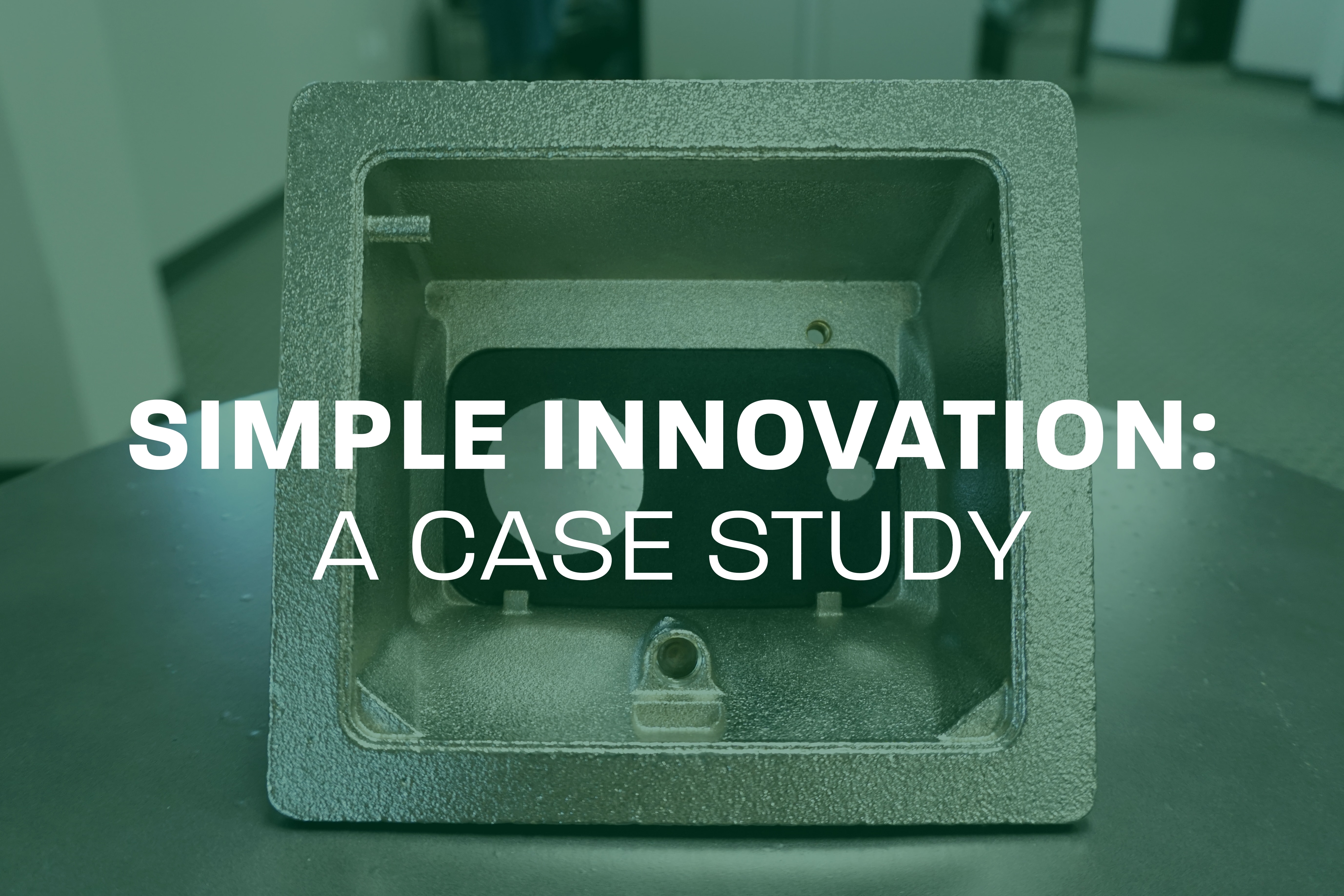In 1950, my father, James Cooper, joined the US Navy. Jimmy, as they called him, grew up with very strict parents on a small farm near Sedalia, Missouri. His father was quick with a belt, and his mother had a wooden paddle handy at all times. Neither of them was afraid to use their chosen implements of punishment, and Dad wasn’t exactly an angel, so he often felt the sting of both. The youngest of five siblings, he was the runt of the family, and the US Navy was just the ticket out of the abusive home he needed to make his escape.
“I wanted to be killed in war”, he told me that day. “My family life was a mess, and I couldn’t handle it anymore, so I figured serving my country in war was my best option. I had every intention”, he explained, “of dying on the battlefield. I was going to show my parents that I was worth something. “
Taking a long draw on his cigarette, a habit he picked up as a teenager, he shot me a grin and continued. “It was funny how it worked out, though.” he said. “They tried to kill me. They tried and tried and tried. I never let them succeed.”
When Jimmy joined the Navy, his thin frame and farm-made muscles helped him qualify for the US Navy’s combat swimmer program. In the beginning stages of development, the Underwater Demolition Teams were looking for strong, determined sailors to take part in special operations that would support the Navy’s war effort in the Korean Conflict, so Dad volunteered and was accepted into the program. The UDT teams had earned the nickname “Frogmen” in World War Two, and he was issued the standard uniform…khaki swim trunks, a pair of swim fins, and a snorkel. UDT Frogmen would later become officially known as US Navy Special Operators, Sea, Air, and Land. You know them today as the Navy SEALS.
When I was growing up, Dad never really talked about his military career. Outside of a few tales about drinking and carousing while in some foreign port, we never heard much about what he actually did in service to our country. On that day in June of 1995, he decided to come clean with me, and talk to me about the things he had seen and done, in a time of war in a country on the other side of the globe.
“We were a good team of Frogmen”, he said. “All 18 of us had each other’s backs at all times…we’d do whatever needed to be done, and we’d do whatever anyone else didn’t want to do.”
Some of those things resulted in Dad earning medals, and many of the medals came at the cost of scars on his body.
Dad took off his shirt. “This scar was from the bayonet on a North Korean soldier’s rifle. “ He pointed to a 3 inch welt on his right chest. “It went through here, and came out the back. That one really hurt.” His back had a matching scar, directly opposite the one on the front.
“What were you doing when you got that wound?” I asked.
“Our team of 18 Frogmen was dropped off by a submarine about 6 miles from shore, near Incheon.” he started. Incheon is a city on the western coast of Korea, and now a suburb of Seoul. It was to be the landing site for the US Forces amphibious landing to take back the Korean Peninsula from the North Korean and Communist Chinese forces that occupied it at the time of Dad’s story. For the Korean Conflict, it was their Normandy Beach.
“We swam into the beach, and made our way inland, to figure out what the enemy had cooking.” he explained. “We got what we needed…you know, troop strengths, gun emplacements, vehicle counts…that sort of thing. On the way out, we got ambushed.”
For more than two hours, Dad’s team of UDT Frogmen took the enemy soldiers head on, and the team took them out by the hundreds. They also paid the price for the action with extremely heavy casualties. Though they fought bravely and with everything they had, they were vastly outnumbered, and 16 of the 18 were killed. Dad took the bayonet through his chest, collapsing his right lung and creating a sucking chest wound. His team Captain was uninjured, and the only other survivor of the mission. Finally out of heavy fire, they quickly made their way back to the water, and swam away from the action to the rendezvous point, again 6 miles out, to wait for the submarine to pick them up. Because of the ambush, however, their extraction was still about 18 hours away, so Dad and his Captain had to remain on station, treading water, for the entire time until the submarine returned.
The water wasn’t deep, but it was over his head by about 5 feet. The Captain wasn’t only treading water himself, but also administering medical help to Dad and his wound, and cradling Dad’s head above water. They floated like that, together in the middle of the bay, for nearly 10 hours.
“I was wiped out.” Dad said. “I had lost a lot of blood, and had been swimming in cold salt water for over 10 hours. It was difficult to breathe, and I could feel the seawater in my bad lung. It was time for me to punch out.”
Dad wasn’t a quitter about anything in his entire life, but at that point, swimming in a foreign sea with a bleeding wound and only an exhausted teammate between him and the end of his days, he gave up.
“I was going to get my wish, and die in combat. I let myself relax, and drop down into the waves. I remember thanking my Captain as I sank.” Dad had tears in his eyes as he spoke. He remained silent for nearly a minute, looking at the ground at our feet.
“It didn’t happen.” he finally said. “Though we didn’t know it, we had been swimming directly over a berm of sand that had gotten closer to the surface as the tide went out. Before I went under, my foot touched bottom.” He grinned, tears still in his eyes.
Several hours later, the submarine found them and picked them up. Dad spent several weeks in the hospital recovering from his injury, and he was awarded a Purple Heart for being wounded in combat. He was also awarded a Silver Star with Valor for his actions. His Captain, for providing the information they’d acquired about the enemy, and for saving my father’s life, was awarded the Navy Cross, the highest award the US Navy can give.
As we spoke about other actions and his time in the US Navy that afternoon, my father began to relax. Like many combat veterans, he’d held so much inside for so many years that is was an obvious relief to finally tell someone his story. It was (and is) my deepest honor to have been his chosen ear that day, just a few days before he would take his last breath.
James Cooper, US Navy Special Operator and UDT Frogman, went on to serve his country with honor throughout the Korean War and until 1955. For his service, he received several unit commendations, a Silver Star with Valor, a Silver Star, and a Bronze Star with Valor, six Purple Hearts, and two battlefield promotions for his actions in combat. Thank you for your service, Dad.
When you’re out this weekend enjoying some family time, please remember all the men and women that have served in our armed forces for this great nation. Happy Memorial Day.


